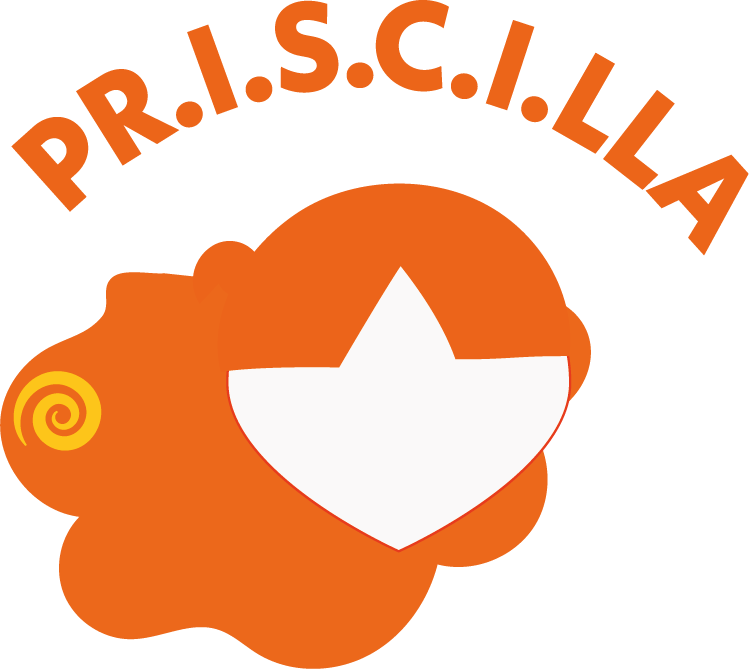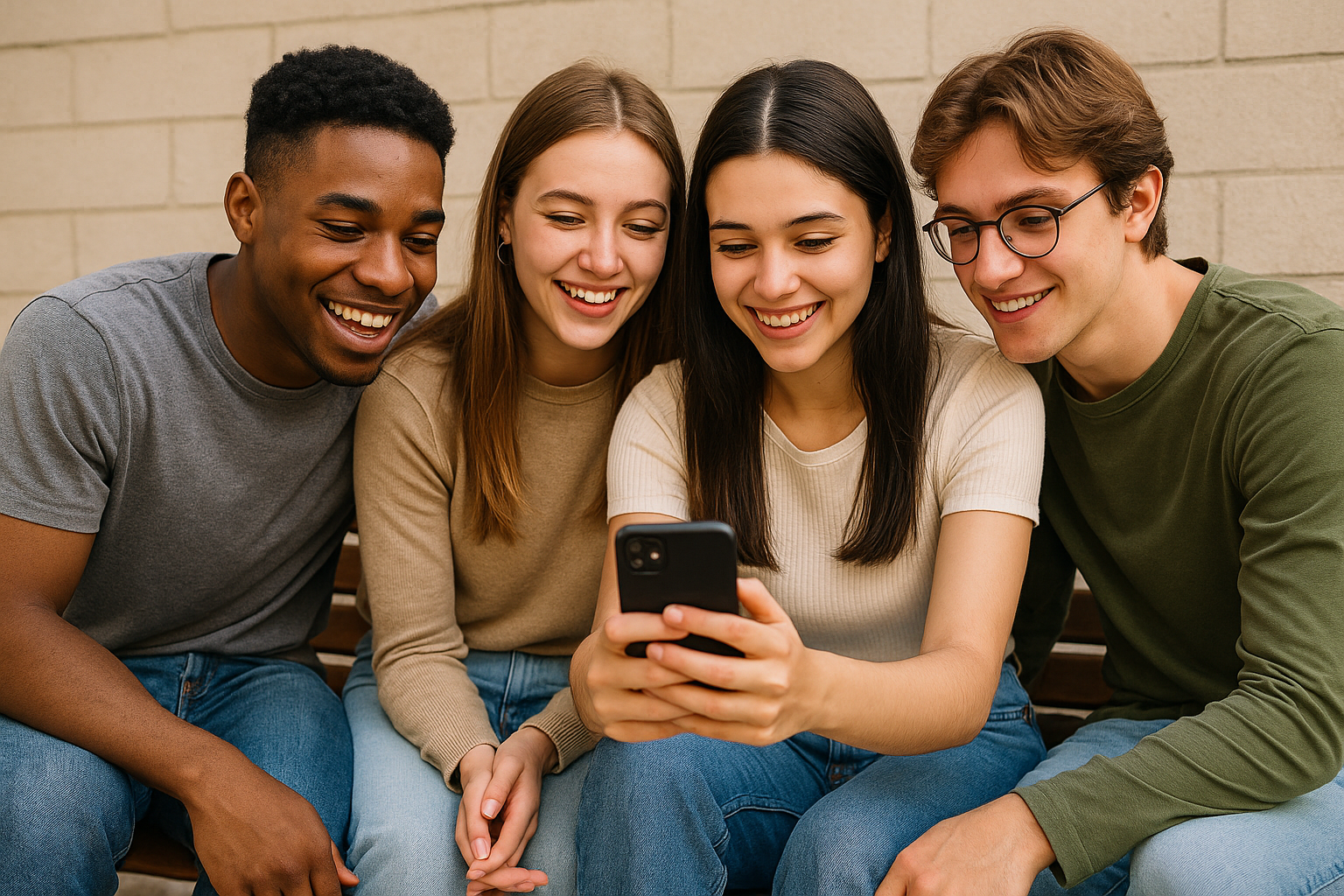In an increasingly digital world, social media platforms have become essential tools for communication, self-expression, and social participation. While much attention is given to the potential risks of these platforms, it is equally important to highlight the numerous opportunities they offer—particularly for young people with intellectual disabilities.
Far from being just a space for entertainment, social media can serve as powerful channels for empowerment, connection, and genuine inclusion. When access is safe, supported, and adapted to individual needs, the benefits are wide-ranging and deeply impactful.
Building meaningful social relationships
For many people with intellectual disabilities, establishing and maintaining social relationships can be challenging due to communication, mobility, or social barriers. Social media removes many of these limitations by offering an accessible environment to connect with friends, family, activity peers, or new individuals with shared interests.
These platforms help maintain bonds, share meaningful experiences, and, most importantly, foster a sense of belonging within a support network, which has a positive impact on mental and emotional well-being.
Recent studies, such as the one presented at the International Congress on Communication and Digital Inclusion (Macho de Cos, I. (2023), emphasize that social media fosters sociability and offers a flexible space where individuals can interact at their own pace.
A Space for self-expression and identity building
The right to self-expression is universal, and social media offers a wide variety of channels for it: from images and videos to text posts, audio, comments, and reactions. For young people with intellectual disabilities, these platforms allow them to share emotions, opinions, interests, and ideas—contributing to the construction of a strong and positive personal identity.
The ability to show who they are, what they like, and what they think has a direct impact on self-esteem. Additionally, this visibility helps others see them beyond stereotypes, promoting a more inclusive and just perception of disability.
Developing digital autonomy
Another key benefit of social media is the opportunity to acquire and develop independent digital skills. From creating a profile, engaging with content, or managing privacy settings, to understanding the difference between safe and unsafe interactions online—these are all essential steps toward greater autonomy.
Progressively acquiring these competencies builds self-confidence and encourages independent decision-making. As emphasized by Fundación Amanecer, autonomy is closely linked to personal well-being, and the digital environment can be a great place to foster it.
Naturally, this process must be accompanied by proper training and support from professionals, families, and educational environments.
Active social participation and the right to be heard
Social media also provides a space for civic engagement and rights advocacy. Through these platforms, people with intellectual disabilities can share their views, speak out against injustice, and take part in movements striving for a more equitable society.
There are many examples of self-advocates and collectives using social media to highlight their struggles, achievements, and proposals. This type of participation holds educational and political value, contributing to societal change and more inclusive public discourse.
As emphasized in the Spanish Journal of Disability, active engagement in social media helps improve self-esteem, a sense of belonging, and perceived personal effectiveness—three key elements in the identity formation of any young person. See also García-Pérez Calabuig, M., et al. (2024).
Access to educational, cultural, and recreational content
The internet and social networks are not only spaces for interaction but also provide extensive access to education, culture, and accessible entertainment. From video tutorials on cooking, sports, or crafts to accounts that share adapted news, rights information, and inclusive activities—these platforms can support personal development in numerous ways.
Such access enables individuals to explore their interests and learn at their own pace, expanding their horizons and future opportunities.
Platforms like YouTube or TikTok, when used with guidance, offer real opportunities to develop skills ranging from basic communication to more advanced competencies like audiovisual creativity or digital entrepreneurship.
See examples in Down Madrid. (2023) and Mañas-Viniegra et al. (2023).
Conclusion
Social media can be powerful allies in the journey toward real inclusion for young people with intellectual disabilities. It is not only about allowing access to technology, but about ensuring safe, meaningful, and empowering participation in digital environments.
This requires proper support, education, and adaptation, but also a shift in perspective: to recognize and value the capabilities that emerge when each individual is trusted and given the tools to thrive. Because everyone deserves the right to express themselves, connect, learn, and participate. And social media, when used responsibly and respectfully, can help make this a reality.
#PositiveIdentity #SocialMediaSafety #IDYouthSupport
Resources:
– Macho de Cos, I. (2023). Uso y participación de las personas con discapacidad intelectual en las redes sociales y entornos virtuales. [Use and participation of people with intellectual disabilities in social media and digital environments]. International Congress on Communication and Digital Inclusion (CICID). [https://cicid.es](https://cicid.es/ponencia/uso-y-participacion-de-las-personas-con-discapacidad-intelectual-a-las-redes-sociales-y-entornos-virtuales)
– García-Pérez Calabuig, M., et al. (2024). Empowerment and virtual stigma in social media: A socio-educational proposal for people with disabilities and mental disorders. European Public & Social Innovation Review. [https://epsir.net](https://epsir.net/index.php/epsir/article/view/1394)
– Down Madrid. (2023). Training people with intellectual disabilities on digital safety and responsible social media use. [https://downmadrid.org](https://downmadrid.org/dia-redes-sociales-discapacidad-intelectual)
– Mañas-Viniegra, L., et al. (2023). New technologies and the digital inclusion of people with disabilities: A challenge for communication, education and employability. ICONO14 Journal. [https://icono14.net](https://icono14.net/files/articles/2047-ES)
– Fundación Amanecer. The benefits of autonomy in people with intellectual and developmental disabilities. [https://fundacionamanecer.org.es]
(https://fundacionamanecer.org.es)


